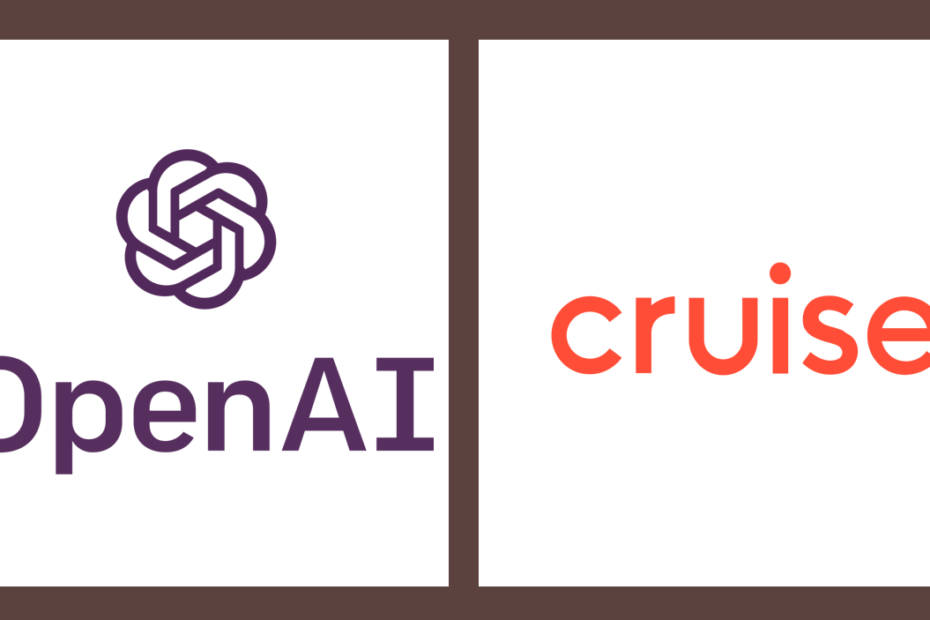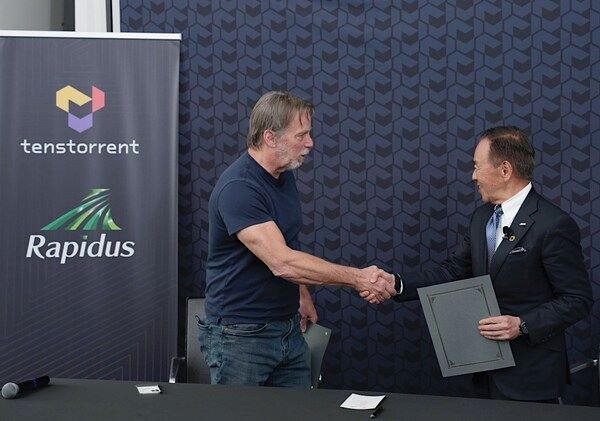Three ‘Transparency’ Questions for GM/Cruise
What’s at stake:
When a company previously not known for being candid with regulators, the public and media about its safety practices suddenly proclaims that “Safety Is Our North Star,” a competent reporter’s response is to heighten my vigilance and keep asking questions. In short: don’t trust, but verify.
A recent article in Forbes cites a December 1st internal email sent by Cruise’s new president and CTO Mo Elshenawy. It demonstrates a newfound mastery of lip service. Cruise now says, “Our priority from day one will be to launch with communities, not at them,” by relaunching “ridehail in one city.”
Ostensibly, it’s refreshing to see this180-degree shift from the company’s previous “it’s-all-about-scaling” strategy.
Equally encouraging is a statement by Farly Ury, a GM spokesperson, quoted by Forbes: “GM remains committed to supporting the independent safety reviews and Cruise as they refocus on trust, accountability and transparency.”
But here’s the rub.
Read More »Three ‘Transparency’ Questions for GM/Cruise









